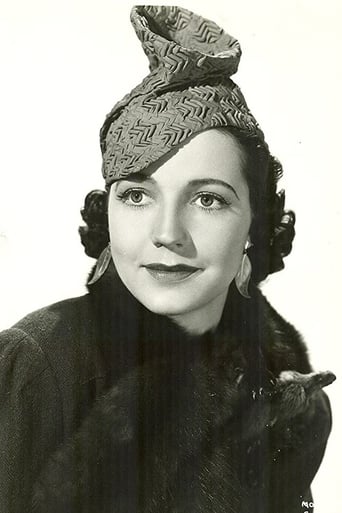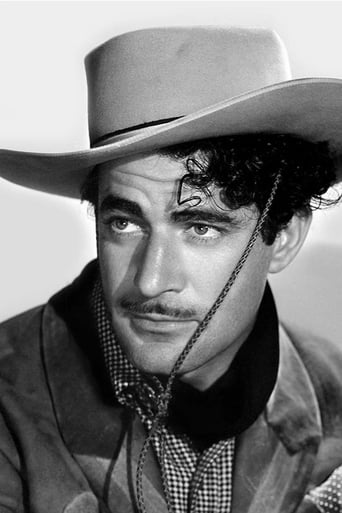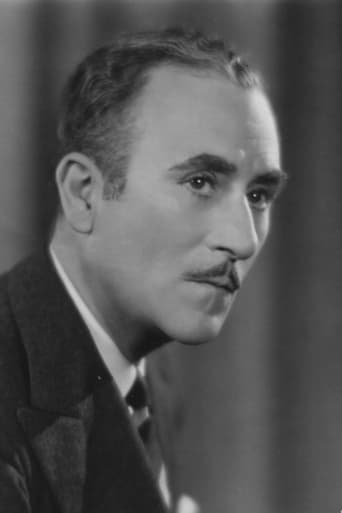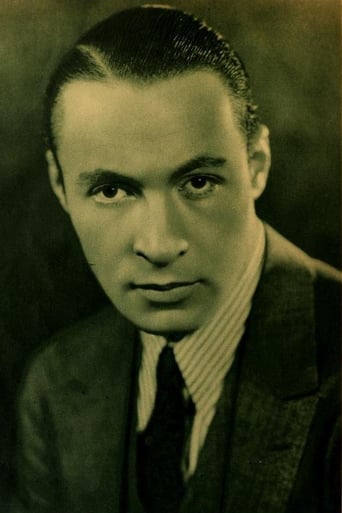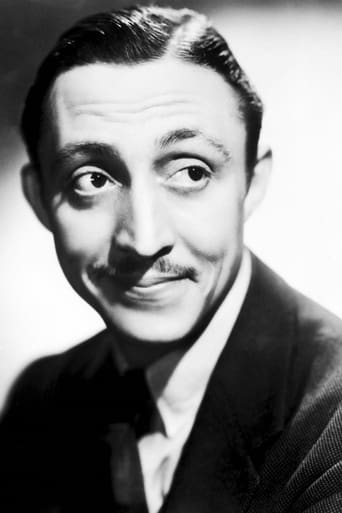TrueHello
Fun premise, good actors, bad writing. This film seemed to have potential at the beginning but it quickly devolves into a trite action film. Ultimately it's very boring.
JohnHowardReid
This script is very disappointing in view of the writing talent involved:- Around this time Philip MacDonald was turning out some of his classic detective stories - ingeniously plotted, suspenseful, thrill-a-minute novels like X vs. Rex; Dudley Nichols is probably Hollywood's most well-known screenwriter, John Ford's long-time collaborator on films like Stagecoach, etc; while Ted Paramore is the guy Joe Mankiewicz says wrote most of Three Comrades. And yet what have these three masters given us here? It's not a mystery at all, the villain being identified both to the audience and to the protagonists right from the start. Also we listen in on every move he makes. So it's a spy thriller with romance (but romance that we know is futile right from its very beginning). So as far as the plot is concerned, the audience soon knows just about everything, including the outcome.It's a bit hard to get audiences interested in a plot when you tell them everything about it (and one of the devices you use to spin it out is a corny old chestnut borrowed, admittedly with acknowledgements, from Edgar Allan Poe) but it's even harder when your dialogue is a compendium of clichés and the trite dispensing of information. Add to that disadvantage some stagey performers who seem to relish every syllable of their banal words like William Faversham and (even we must admit it though it pains us to do so) Mona Barrie. But Mona is such an exquisite creature, even though her hair style and the camera's view of it are not always the most flattering. Blonde hair doesn't really suit her (admittedly it's part of the disguise, but it would have been better to have shown her as a blonde at the beginning and end of the film and let her remain as a brunette for the long stretch in the middle - or would it? Blonde hair conjures up the world of the demi-monde and mystery so well), but she is so stunningly costumed we are prepared to overlook it.Another player who is inclined to chew the scenery but whom we are also more than inclined to overlook is that delightfully smooth villain, John Halliday. His villainy is always so transparent, it's a refreshing change to find the screen characters are just as much a wake-up to him as the audience!And then there's Gilbert Roland, very much a recognizable Gilbert Roland, looking exactly the same as he appeared 20 years later (minus a few wrinkles). He plays with a jaunty air that is most appropriate and gives a performance of greater lightness and naturalness than in many other films where he was served with a better script!Billy Bevan, who made something of a speciality of playing bartenders in sound films, has one of his best parts in this. He is a natural actor if ever there was one and fits into his character like a glove. Unlike LaRocque, he easily made the transition to sound because his voice and accent were exactly right for the character he played.Now we come to what is possibly the most interesting aspect of the film - Eugene Forde's uncommonly vigorous direction. The visuals are vividly stylish (the exciting tracking shot with which the film opens as it follows LaRocque to his disgrace and then tracks back with him dishonored; the introductory shot of Mona Barrie on the ship tracking along the deck as she strides through saloons and passage-ways; the camera dollying with Halliday as he walks from Bergstrom's office to his penthouse effectively establishing the use of the elevator which figures so prominently in the climax and contributes one of the most forceful shots in the film as the doors open and flood Roland with light). Divorced from the punk dialogue, this is a film that becomes more enjoyable when savored in the memory. Although rating as a "B"-grader, as usual with Fox, production values are exceptionally lavish - Royer costumes for Miss Barrie; attractive, meticulously decorated sets; many changes of scene and no stinting on extra players; bright, crisp photography; unobtrusively smooth film editing; sound recording that is as clear as crystal; and a deftly atmospheric yet rarely obtrusive ("The Marsellaise" under the final shot and end credits is a rare though appropriate exception) music score.
